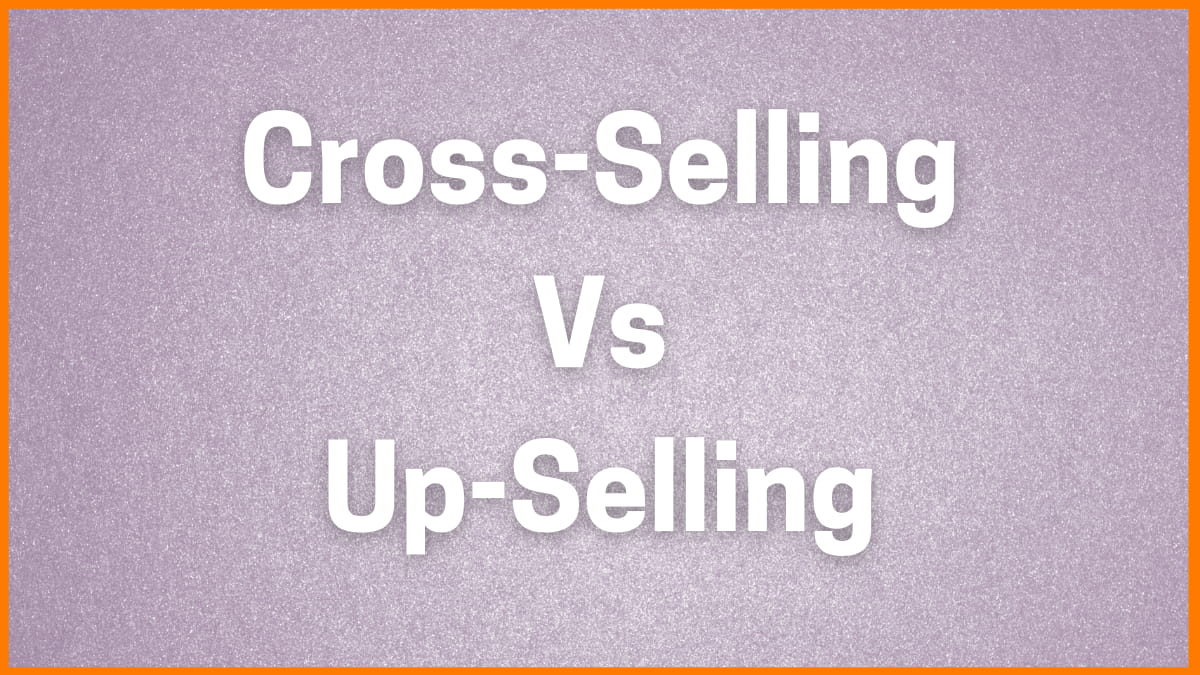Payment Gateway: Know the best for ecommerce site
For retailers, cashless transactions are much more than just a convenience—they are now required. Customers want a simple, safe, and speedy payment process as they become more reliant on online buying.
This shift to digital platforms improves consumer experience and creates new opportunities for generating income. Your company is now unrestricted by location or hours of operation, but you will still need a method of receiving and handling payments if you don’t have cash on hand. With create an e commerce website the correct online payment gateway, e-commerce companies and customers can be protected with layers of protection, insightful data, and a decrease in cart abandonment rates.
An e-commerce payment gateway: what is it?

An e-commerce payment gateway is a technological layer that acts as a middleman between a payment processor and an e-commerce website, securely transferring credit card information for authorization and settlement. It is necessary to make cashless transactions possible and to enable online customers to enter their payment information safely.
Even if processing payments through a payment processor directly is feasible, employing a payment gateway is advised for increased functionality and security. In the absence of a payment gateway, businesses are forced to handle sensitive payment data directly, which raises the possibility of fraud and may restrict the range of available currencies and payment methods.
Additional features like analytics, fraud detection, and support for numerous currencies and payment methods are frequently included in e-commerce payment gateways.
Payment gateway types
There are four main categories of payment gateways:
- Locally bank integration gateway.
- Self-hosted payment gateway.
- Hosted payment gateway.
- API-hosted payment gateway.
While self-hosted gateways allow you to process payments on your website, hosted gateways send users to a third-party platform. Each type offers different features and functionality. Customers are sent to their bank’s payment platform by local bank integration gateways, whereas API-hosted gateways operate through an API (application programming interface).
Payment method versus payment gateway
Online transactions are safely facilitated by a payment gateway, which acts as a link between an e-commerce store and other payment processing options. The term “payment method” describes the various ways that customers can make payments, including debit cards, credit cards, and digital wallets.
An e-commerce payment gateway manages online transactions securely through a series of steps. Here are the five steps to that process:
1. The client inputs their payment details.
Create ecommerce site to keep regular updates about consumer purchase behavior. A customer enters their payment information into your e-commerce store’s secure checkout page when they complete their transaction. This sensitive data is securely transmitted and encrypted by the payment gateway, guaranteeing safe payment processing and validity.
2. The payment processor approves the transaction
The payment processor contacts the customer’s bank or credit card company for permission after receiving the encrypted payment data from the payment gateway provider.
3. Authorization is received by the gateway and verified.
The payment gateway enables the completion of the transaction by sending confirmation back to the e-commerce platform after receiving authorization from the payment processor.
4. Money is transferred to the merchant account by the financial institution.
A merchant account, which serves as a holding account for money before moving it to your business account, is frequently necessary in order to accept credit card payments. The buyer’s financial institution moves money from the customer’s account to the merchant’s or business bank account following transaction authorization.
5. The payment gateway assesses fees
The majority of payment gateways impose monthly fees in addition to set transaction fees. Retailers should include these expenses in their plans for handling payments for online purchases.
How to pick a payment gateway for online stores
- Think about monthly expenses and transaction fees.
- Examine payment options and interoperability
- Consider security features
- Examine overseas payment methods carefully.
- Make sure it can scale and has support.
Retailers who wish to safely and seamlessly accept credit card payments must select the appropriate payment gateway. Your decision will affect transaction costs, customer experience, and your internet business’s ability to operate internationally. Here are five things to think about:
How to pick a payment gateway for online stores
- Think about monthly expenses and transaction fees.
- Examine payment options and interoperability
- Consider security features
- Examine overseas payment methods carefully.
- Make sure it can scale and has support.
Top payment gateways for online retailers
For shops, navigating through the many e-commerce payment methods can be overwhelming. These are a few of the most well-liked:
Stripe
Stripe distinguishes itself with a cutting-edge product suite designed for marketplaces and subscription businesses in addition to online shops. Additionally, the gateway has an additional layer of security in the form of Radar, a machine-learning fraud system that adjusts to your business’s demands.
PayPal
One well-known payment gateway is PayPal. The checkout procedure is streamlined by its One Touch function. In addition to taking credit cards, PayPal also takes payments via cryptocurrency, Venmo, and PayPal accounts.
Adyen
Adyen specializes in mobile payments and offers a smooth payment experience. Real-time analytics offer an immediate understanding of customer behavior. Adyen also uses dynamic card validation, which increases transaction security.
WePay
WePay offers a special full payment integration that keeps clients on your e-commerce site all the way through the payment process. Additionally, it has a unique fraud risk algorithm built in to safeguard both customers and retailers.
Authorize.net
Numerous value-added services, such as recurring billing and client information management, are provided by Authorize.net. Its goal is to lower chargebacks by using sophisticated fraud-detection algorithms.
Braintree
PayPal owns Braintree, which offers a flexible full-stack payment platform. The customer’s payment information is securely stored for use in future transactions via its vault function, and its drop-in user interface (UI) makes setup easier and guarantees a smooth checkout procedure.
Even though it provides common features like fraud prevention and data encryption, Braintree’s currency conversion capabilities are particularly noteworthy for merchants who want to sell to customers abroad.
Skrill
Skrill specializes in inexpensive international transfers. Businesses that accept payments in multiple currencies are the greatest candidates for it. Additionally, it provides rapid payouts and deposits, which is especially helpful for businesses that are worried about managing their cash flow.








